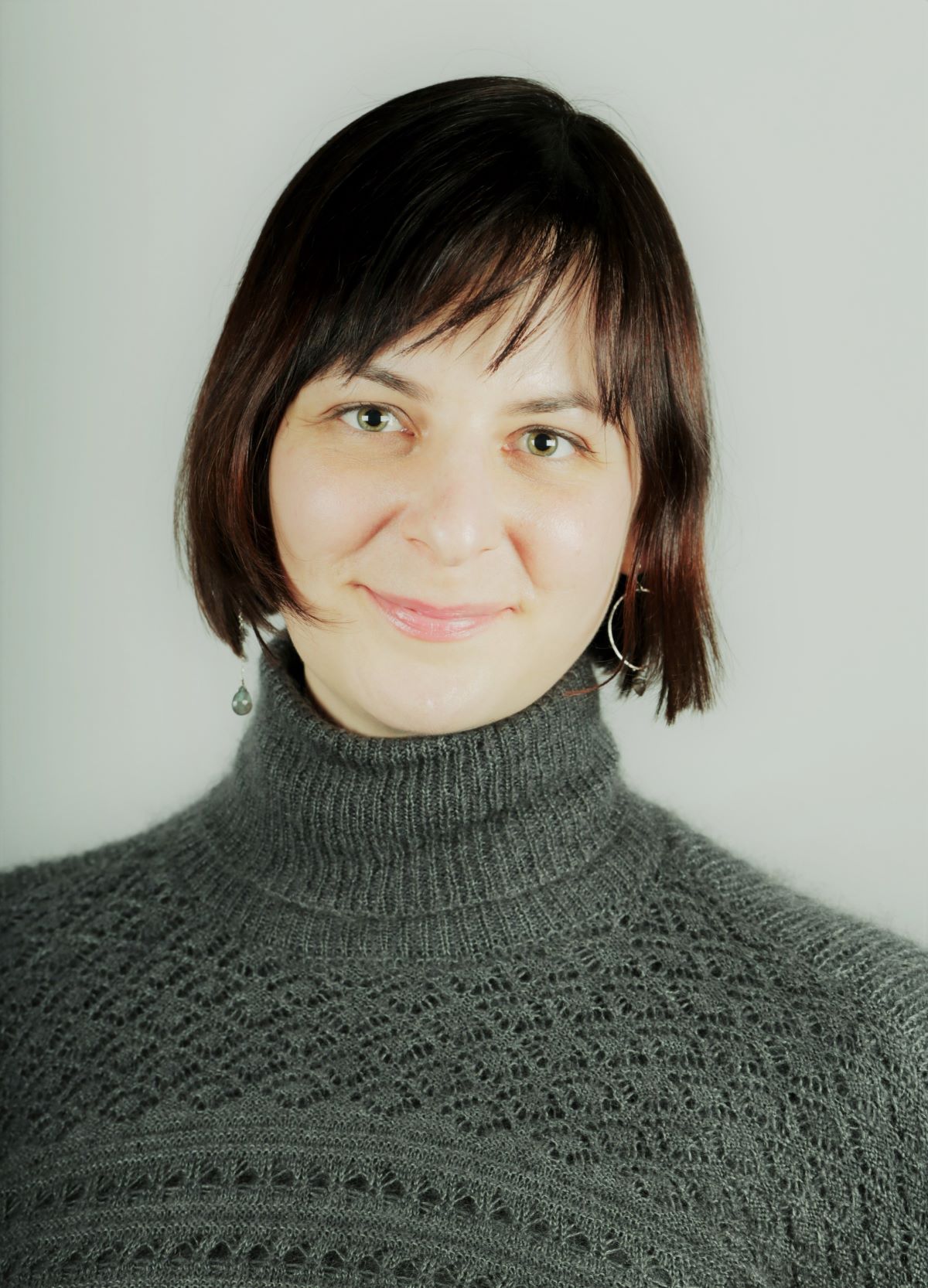Firstbridge courses are offered to degree seeking freshmen and registration is done via webform in pre-arrival checklist.
Professor(s)
Notes
Witnessing an event implies a variety of questions related to involvement and agency. Indeed, individuals can either be witnesses/bystanders, thereby solely observing, while others can be victims or perpetrators actively participating in the event. Moreover, speaking about an event does not necessarily require physical presence; it can be done in absentia. Direct and indirect witnessing can both lead to an act of testifying, one that can possibly take various forms. In this FirstBridge course, we will examine literary, visual, and graphic representations of events that are experienced, seen, recounted, and transmitted. These literary, visual, and graphic works, labeled as testimonies, will allow us to analyze how to translate into words events that often leave us 'speechless' or that are latently processed. Students will focus on philosophical and literary debates regarding the ethical implications of aesthetic representations of violence and revolt. Questions about whether representing the event can lead to regaining a sense of agency will be addressed. Students will also consider the role of listening and of the reader in a potential testimonial chain that could permit different forms of engagement and participation.
Learning Outcomes
- Students will comprehend how information is produced and valued in order to discover, evaluate, use, and create information and knowledge effectively and ethically. In FirstBridge, students will demonstrate the conversational nature of scholarship, and recognize their potential role and responsibilities as contributors to that conversation. For each discipline taught in FirstBridge, students will identify reference works, journals, databases and/or major works in history, in order to start effective research in the field. (FB LO1)
- Students will acquire the study skills, time management, and interpersonal skills needed to meet the demands of university-level academic work at a Liberal Arts College individually or as a team. Students will value the multiple meanings of place through experiential learning at AUP and beyond in the Parisian or global context. (FB LO2)
- Students will explore different testimonial forms to understand how an event can be recounted and represented, and to discuss the power of storytelling from a legal perspective.
- Students will critically engage with artistic and legal testimonies as well as secondary sources to develop clear arguments in various assignments, i.e. essays, videos, creative pieces, and digital projects.
- Students will engage with artistic or creative objects (e.g., visual art, theatrical works, film) in different media and from a range of cultural traditions. (CCI LO2)
- Students will think critically about cultural and social difference. Students will identify and understand power structures that determine hierarchies and inequalities relating to race, ethnicity, gender, nationhood, religion or class. (CCI LO3)
- Students will demonstrate awareness of ethical considerations relating to specific societal problems, values, or practices (historical or contemporary; global or local) and learn to articulate possible solutions to prominent challenges facing societies and institutions today so as to become engaged actors at various levels in our interconnected world. (CCI LO4)
Syllabus
Book List
| Title | Author | Publisher | ISBN Number |
|---|---|---|---|
First They Killed My Father: A Daughter of Cambodia Remembers | Ung, Loung | Mainstream Publishing | 9781840185195 |
Persepolis | Satrapi, Marjane | Cape | 9780224080392 |
Schedule
| Day | Start Time | End Time | Room |
|---|---|---|---|
Monday | 13:45 | 15:05 | Q-A101 |
Thursday | 13:45 | 15:05 | Q-A101 |

